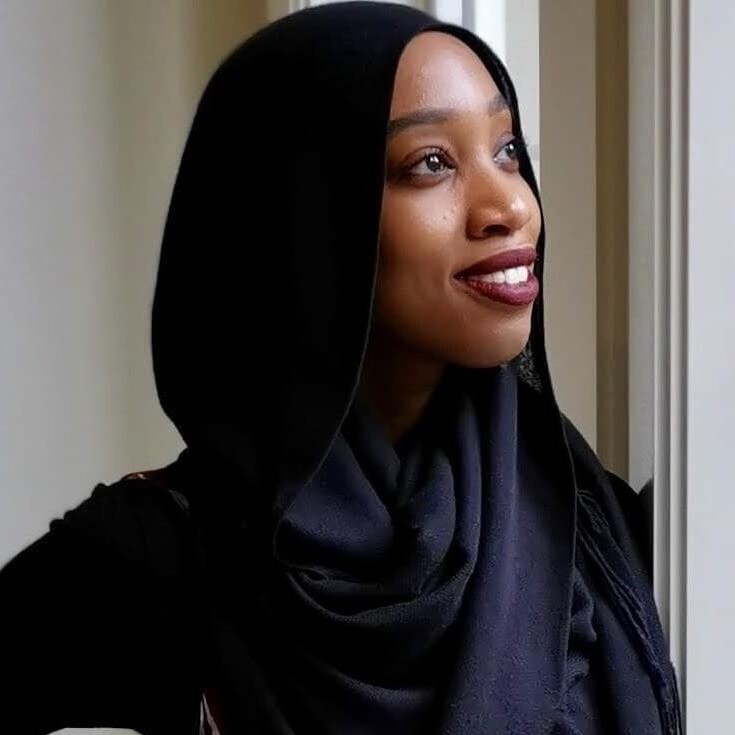What is your educational background?
BA Hons in Psychology from Boston University (BU), PhD in Neuroscience from the University of British Columbia (UBC).
What is your current occupation?
I’m a full-time podcaster at the moment. After I completed my PhD in 2019, I started a post-doctoral fellowship at the UK Dementia Research Institute (The University of Edinburgh). The COVID pandemic began just a few weeks into my post-doctoral fellowship, so I switched gears and decided to dedicate my time to Her Royal Science, a podcast platform I created to celebrate individuals in STEM from minoritised groups.
What or who got you into STEM?
I’ve always loved STEM, but there were a few stellar individuals, teachers, and professors that encouraged me to pursue science. Dr Mae Jemison was one of the early players; my little mind was blown when I saw her photo for the first time. I thought, someone like me has been to space! My teachers in primary and secondary school, though too many to list out by name, were also inspirational. Dr Peter Bolton, my first-year biology professor from Richmond: the American International University in London, made learning about the human body thrilling, and Dr Paul Lipton, my Neuroscience 101 professor after I transferred to BU, opened my eyes to the universe of the brain, and also encouraged me to pursue a graduate degree in Neuroscience.
What is the biggest challenge/barrier you have faced as an African in STEM?
A general lack of representation – in the 4years I was at UBC, I cannot recall meeting a single person in my program who was also black/African. It sucked. In my lab, there was one other Black girl (though she was in a different program); when she left, I very quickly felt tokenised.
How do you think your background/upbringing has been beneficial in your journey/career?
My background has afforded me a vantage point that my peers don’t always have. I think about how our work – which is likely to have clinical implications – affects everyone, not just the affluent and the privileged (who often have better access to healthcare), but also individuals who may not have easy access to healthcare, or trust the healthcare system for valid reasons. I also like the instant camaraderie that comes out of meeting someone who looks like me (or even remotely like me!) in any social or professional setting. It’s honestly magical.
How do you think we can start to change the narrative surrounding African contributions
to global STEM research & careers?
Visibility is key here! Though we make up a smaller proportion of individuals in STEM, the ones that do exist need to be more well known. I always say, a whole generation of children dreamed of becoming astronauts only after we made it to the moon. Sometimes you need to see your face represented in spaces in order to dream about the possibility of entering those spaces.
What advice would you like to give to young, aspiring Africans in STEM?
Understand your history and savour the community mentality that a lot of us were taught to have and uphold. It can feel like an overwhelming burden, feeling like you carry a community on your shoulders, but realise that your successes feel so much bigger when you realise that you have an entire continent and diaspora cheering you on.
Do you have any projects you’re working on that you would like us to highlight?
I’m continuing to work on Her Royal Science, which aims to profile and interview underrepresented minorities in STEM. Though I’m about to go on hiatus in preparation for the month of Ramadan, I’m still recruiting individuals who would like to be featured in the Fall! Please reach out to me if you’re interested, via social media, or send me a message on the Her Royal Science website, www.herroyalscience.com.





